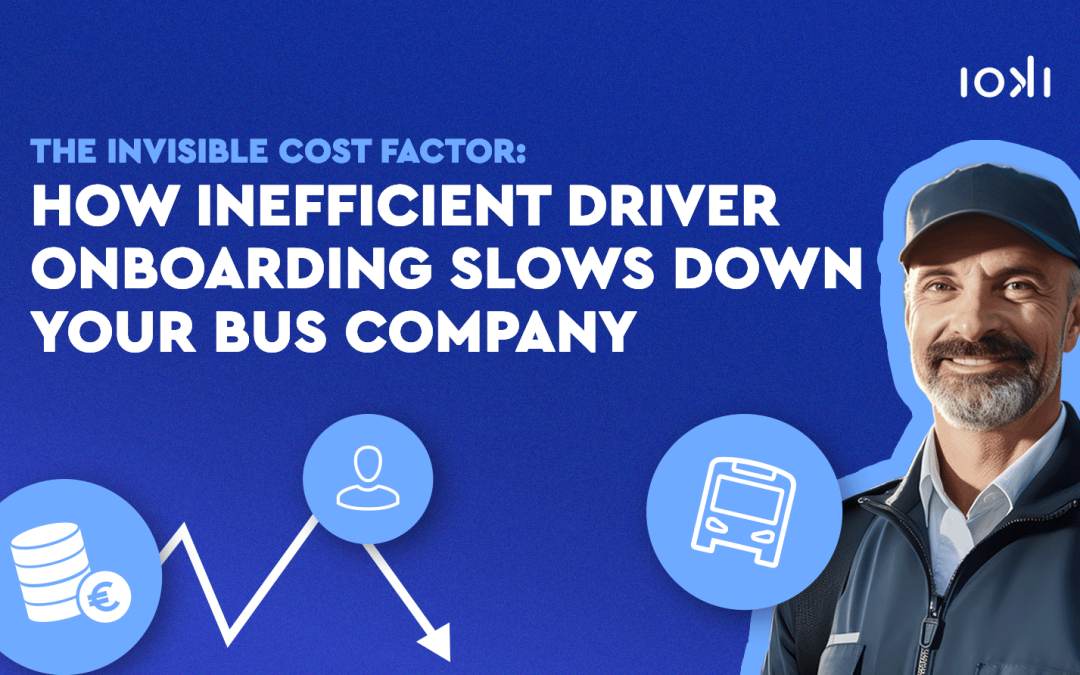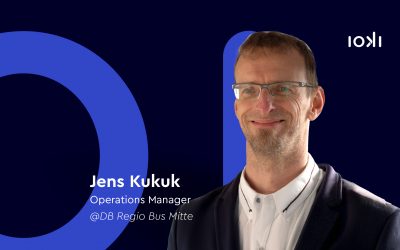In your role as fleet manager, you also organise employee mobility solutions at Deutsche Telekom. Perhaps you can give us some insights into proven concepts and approaches?
For a long time now, we have no longer seen ourselves as fleet managers; instead, we manage mobility for Deutsche Telekom. In doing so, we access both individual, vehicle-based services and many forms of modern, shared traffic concepts and micromobility. We are certainly one of the groups in Germany that offers the broadest portfolio of mobility: with around 25,000 company and business vehicles, almost 8,000 deferred compensation bicycles, our own car-sharing fleet and, of course, our e-scooters and pool bikes in the field of micro mobility. With our shuttles we move around 120,000 passengers per year.
We recently jointly converted Telekom’s previously line-based shuttle service to an on-demand logic. What added value do you expect from the changeover?
Telekom employees should not have to worry about how to get from one location to another. With our new on-demand service, we are ensuring just that: A trip is booked in seconds via app – completely individually, without a timetable. The app tells me exactly where and when I will be picked up by which shuttle. This is a great relief, reduces travel-related stress and ultimately means that I can concentrate fully on my actual tasks. The customer and his needs are therefore always the focus of all our solutions. Another important aspect: Of course, you don’t drive the shuttle alone, you form a carpool. This way we can save a lot of individual trips by car. The environment benefits.
In your experience, what must the ideal solution for employee mobility achieve?
The key is to give every employee the mobility he or she needs at any time. For example, to get to work, employees in urban areas need a public transport ticket or an electric bike. A car is only useful at certain points, but not permanently. And this is where our car sharing solution comes in. We offer vehicles in all sizes, for every need, for every occasion and at attractive prices. Making such coordinated offers available at the right time is an ideal solution and we are working on it. My goal is a fast, easy access to mobility, platform based and from one app. So that everyone at Deutsche Telekom has the right, sustainable and guaranteed mobility – that’s what I stand for!
What three major challenges do you see in organizing corporate mobility solutions?
We are pursuing three major goals in the further development of mobility management:
- A diversified portfolio and a switch to environmentally friendly mobility: Every employee should have access to the individually suitable mobility means at any time.
- Service: Deutsche Telekom employees receive the best and most innovative service, be it sharing or pooling, digital driver’s license checks, logbooks or mobility on demand.
- Everything from a single source: In the future, our services will be bundled in one app, seamlessly and with the best customer experience.
If we leave the business aside for a moment: What is your favourite means of transportation in your private life?
Since I live in Cologne, I prefer to ride my bike in the city. It’s healthy, protects the environment as well as my nerves, because mile-long traffic jams are then no longer an issue.



